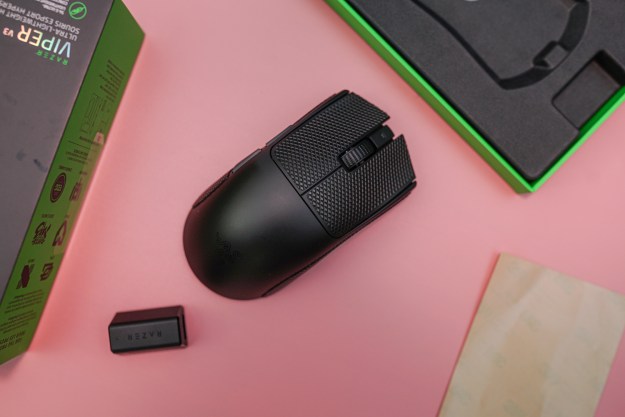Thanks to the likes of the Raspberry Pi, and Intel’s strides in the Next Unit of Computing (NUC) arena, small form factor systems are a hotter topic than they’ve ever been. But the heat in an NUC is often hard to dissipate quietly. Fortunately, it looks like German manufacturer Cirrus7 may have found a solution with its new Nimbini system, which uses its entire chassis as one big heatsink.
The Nimbini is quite an industrial-looking unit, with large aluminum fins running along its flanks, increasing the surface area available for air to circulate over. This design is intended to cool its internal Broadwell CPU — which can come in Core i3, i5 or i7 flavors — a large cache of RAM, and both mSATA and more traditional 2.5″ form factor SATA drives. It has two mini-DisplayPort connectors and four USB 3.0 ports, but unlike its Nimbus cousin, it doesn’t have an HDMI out.
It does have gigabit Ethernet, though. Wi-Fi is listed as an option. NUC systems typically ship with built-in Wi-Fi, but it’s not clear how the metal enclosure of the Cirrus7 might interfere with wireless performance.
The Cirrus7 will come in both a bare-bones, DIY kit — with a daunting 90 individual components — and a pre-built system that has one of several Ubuntu distros or Windows pre-installed. The final chassis comes in at just 5.9″ x 5.9″ x 3.4″, making it an extremely compact system.
However, you could theoretically make it smaller. If you find your system never gets particularly hot, you can remove one or more of the chassis fins, as they’re entirely modular. Similarly, if you end up with a toasty system you can add more fins to improve its cooling performance.
While it’s not clear whether it will ever ship outside of the EU, the Cirrus 7 Nimbini will go on sale at the end of April (with an unannounced price tag) and will begin to ship in mid-May.
Editors' Recommendations
- Here’s why PCIe 7 will be a major upgrade when it comes to your PC
- Wi-Fi 7 will bring 33 Gbps speeds to your home in 2023




